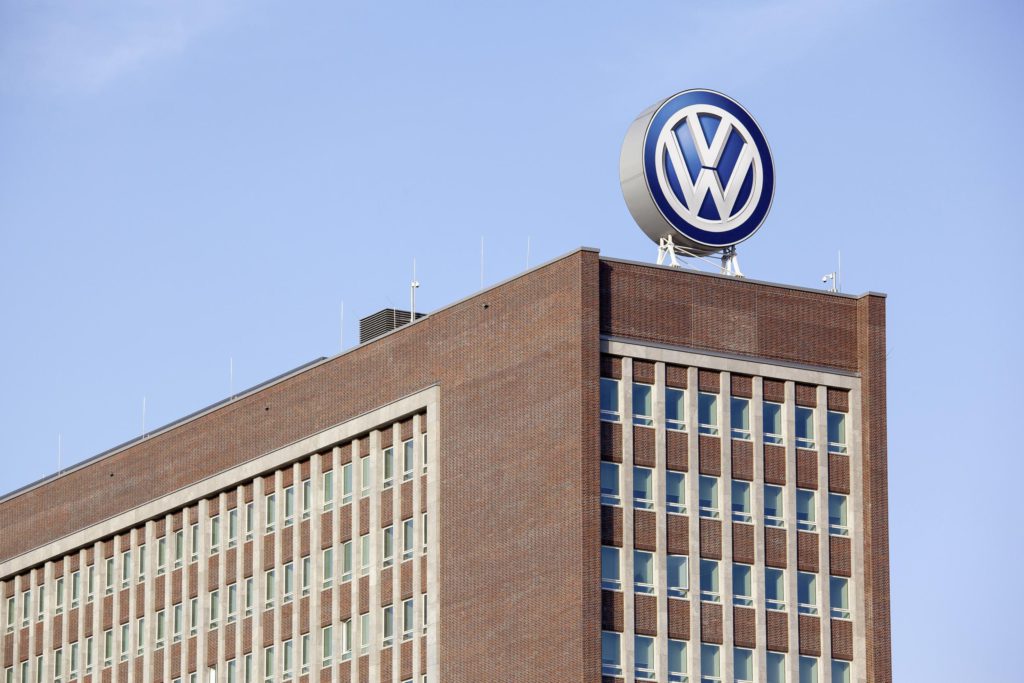VW’s MOIA acquires Finnish ride-pooling algorithm specialist
06 June 2017

06 June 2017
Volkswagen (VW) Group’s mobility brand MOIA has acquired Split Finland to jump-start the development of MOIA’s on demand taxi shuttle service, which envisions dramatically reducing costs through carpooling, with the shuttles picking up additional passengers en route in the same car.
Founded in 2011 as Ajelo, Split Finland are specialists in Travelling Salesman-style algorithms that automatically constantly calculate the most efficient routes possible for a fleet of taxi-shuttles to get each person from pick-up location to destination, to minimise both travelling times and number of fleet vehicles required to accomplish the tasks. It is more akin to a bus with a dynamically changing route.
For example, a taxi travelling from A to B when a new person requests a journey might make a slight detour to also pick this person up, complete the journey to B and then take this new person further to their own destination (perhaps picking up another new person along the way). In theory, this can fully maximise the use of each vehicle, and in the efficiency solution, the taxi would never be standing by.
MOIA COO Robert Henrich said: ′Our shuttle-on-demand represents the transition of the well-known ‘dial-a-ride’ concept into the digital age.’
The technology is behind Helsinki Regional Transport’s Kutsuplus car-pooling service, and US ride-pooler Split (now effectively defunct) acquired Ajelo in 2014 to develop a similar service for Washington DC. MOIA has now bought the company, consisting of the remnants of the app and around a dozen Europe-based employees, mostly in Finland, to develop the core algorithm and software package fundamental to accelerate launching their taxi shuttle service across Europe. This will help reduce development times at MOIA’s existing growing 50-strong young team in Berlin and Hamburg.
MOIA CEO Ole Harms said: ′From now on, Finland will be our expert hub and development location for the pooling algorithms behind MOIA’s shuttle-on-demand.’
Henrich added: ′Split Finland’s pooling algorithm will be an important pillar for our future shuttle offering. With this Finnish team we are acquiring a usable platform that will noticeably reduce the development time for our MOIA software.’
MOIA’s vision for smart mobility has the potential to be even more price-competitive than traditional modern ride-hailers such as Uber, by both pooling multiple journeys into one vehicle, and also potentially by using larger vehicles that can accommodate larger numbers of people, making further cost reductions while also benefitting city congestion. For example, one of the key criticisms of the success of Uber in London is that it is undermining the city’s attempts to reduce the number of vehicles on its roads.
In Europe, due to lack of space, any huge uptake in mobility services such as ride sharing are likely to involve major central planning from city authorities, in order to control congestion. This is necessary as increasing numbers of people choose to move to the services from crowded subway systems and inflexible fixed-route buses.
MOIA’s mass-transit approach to mobility services therefore looks like the answer Europe needs for the mobility solution of the future.
Photograph courtesy of Volkswagen Group
The insight behind the news
Never miss another story – sign up to receive your complimentary Autovista Group Daily Brief. This timely and incisive daily briefing covering automotive news and insights on the issues affecting your business is delivered direct to your inbox.